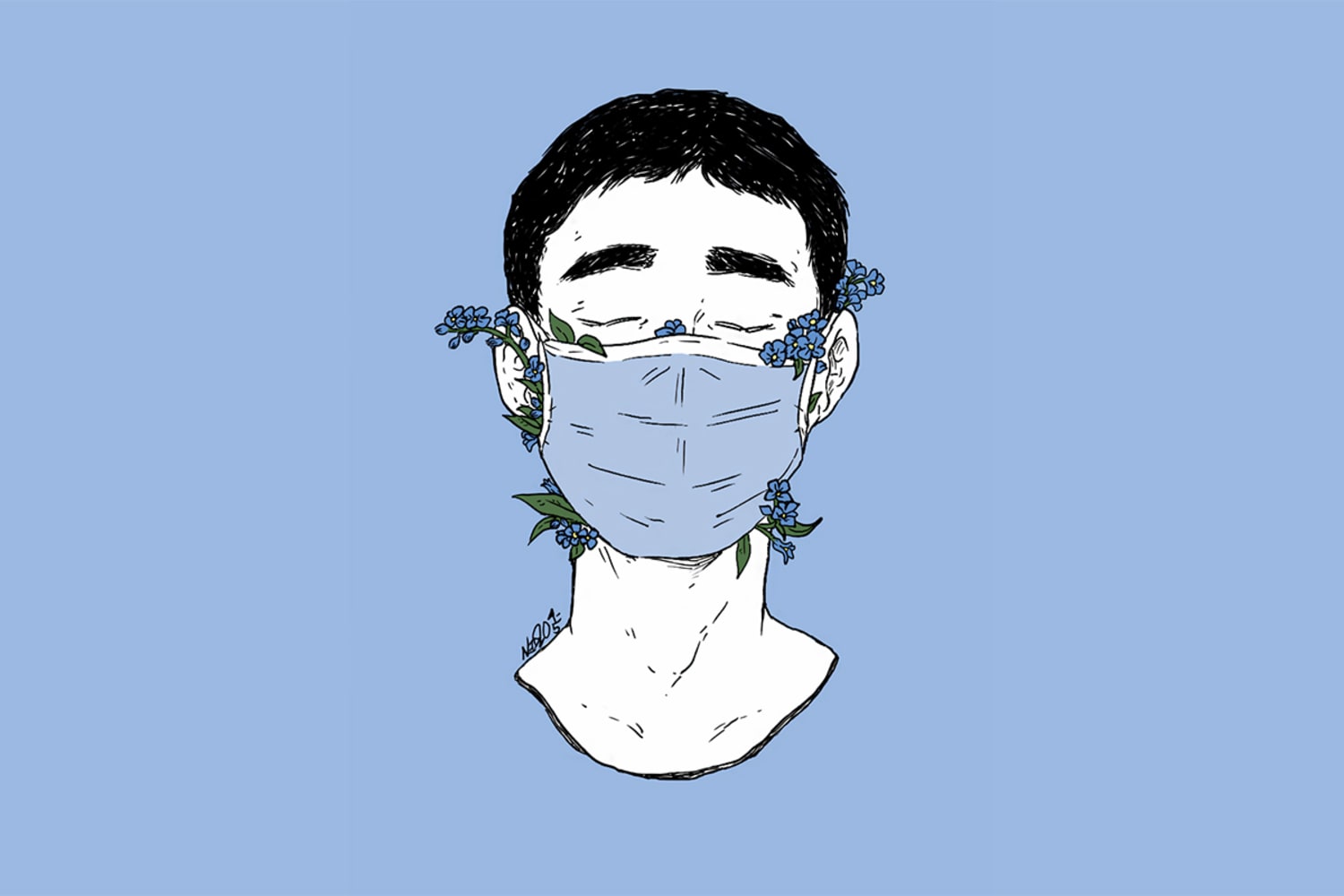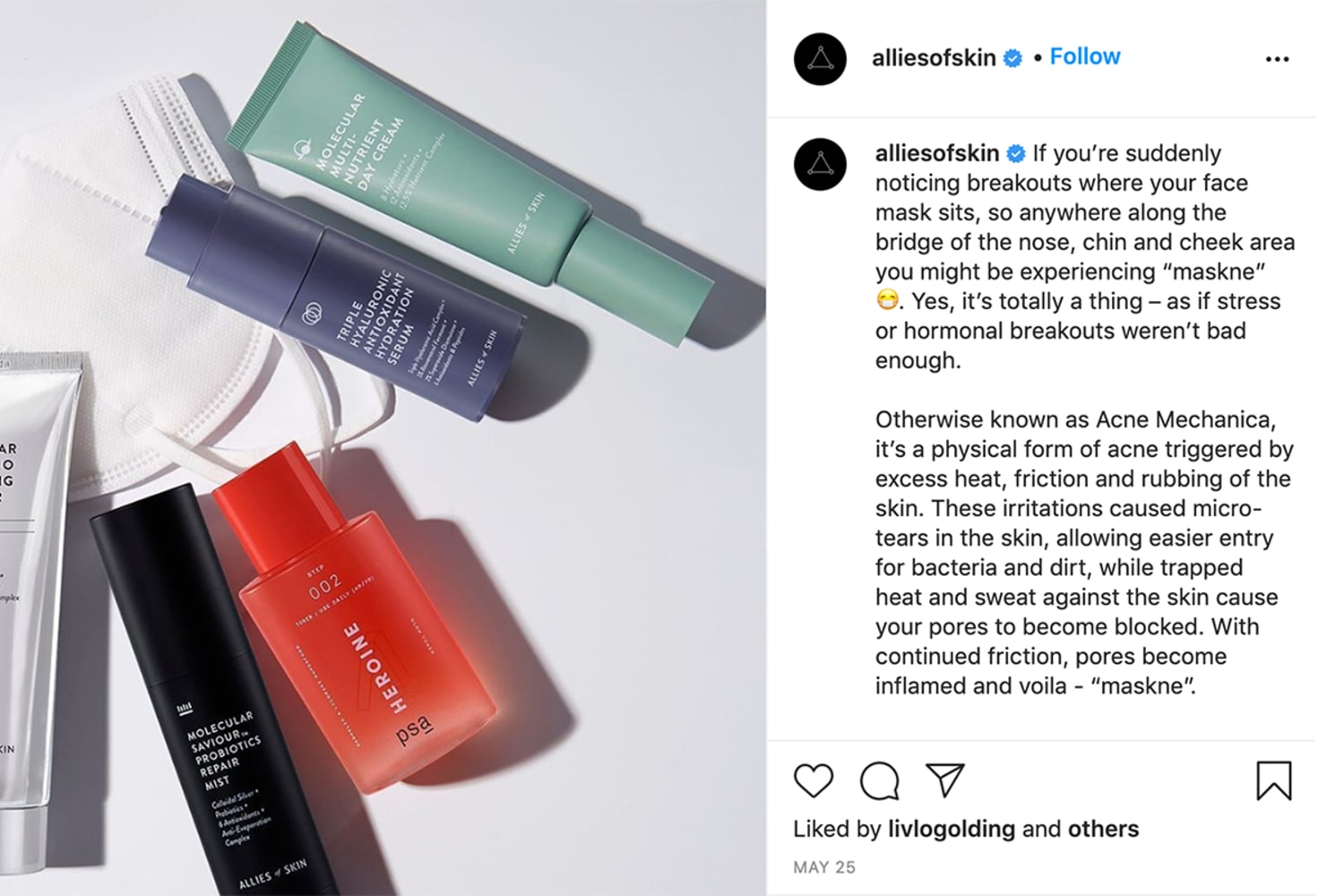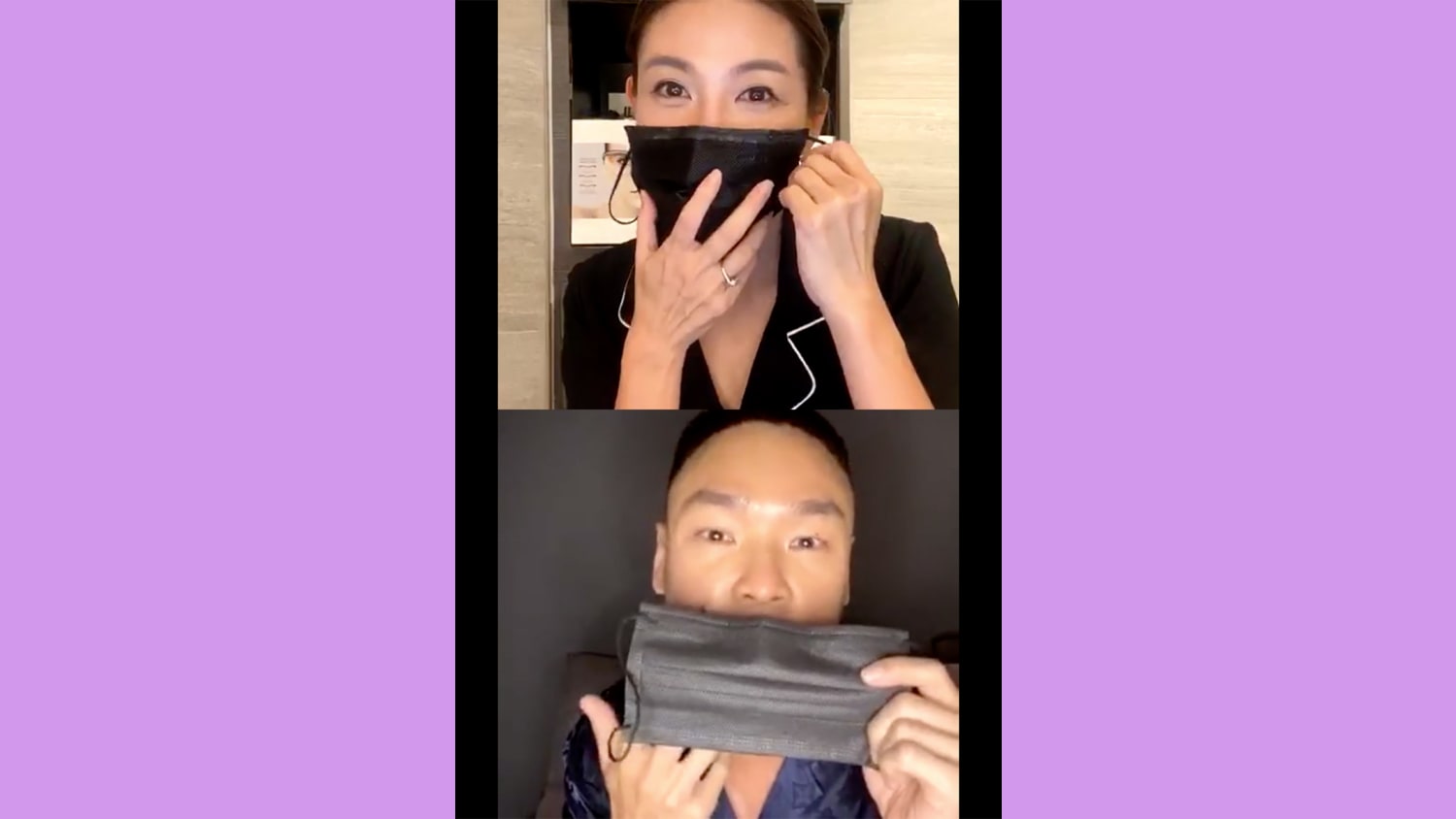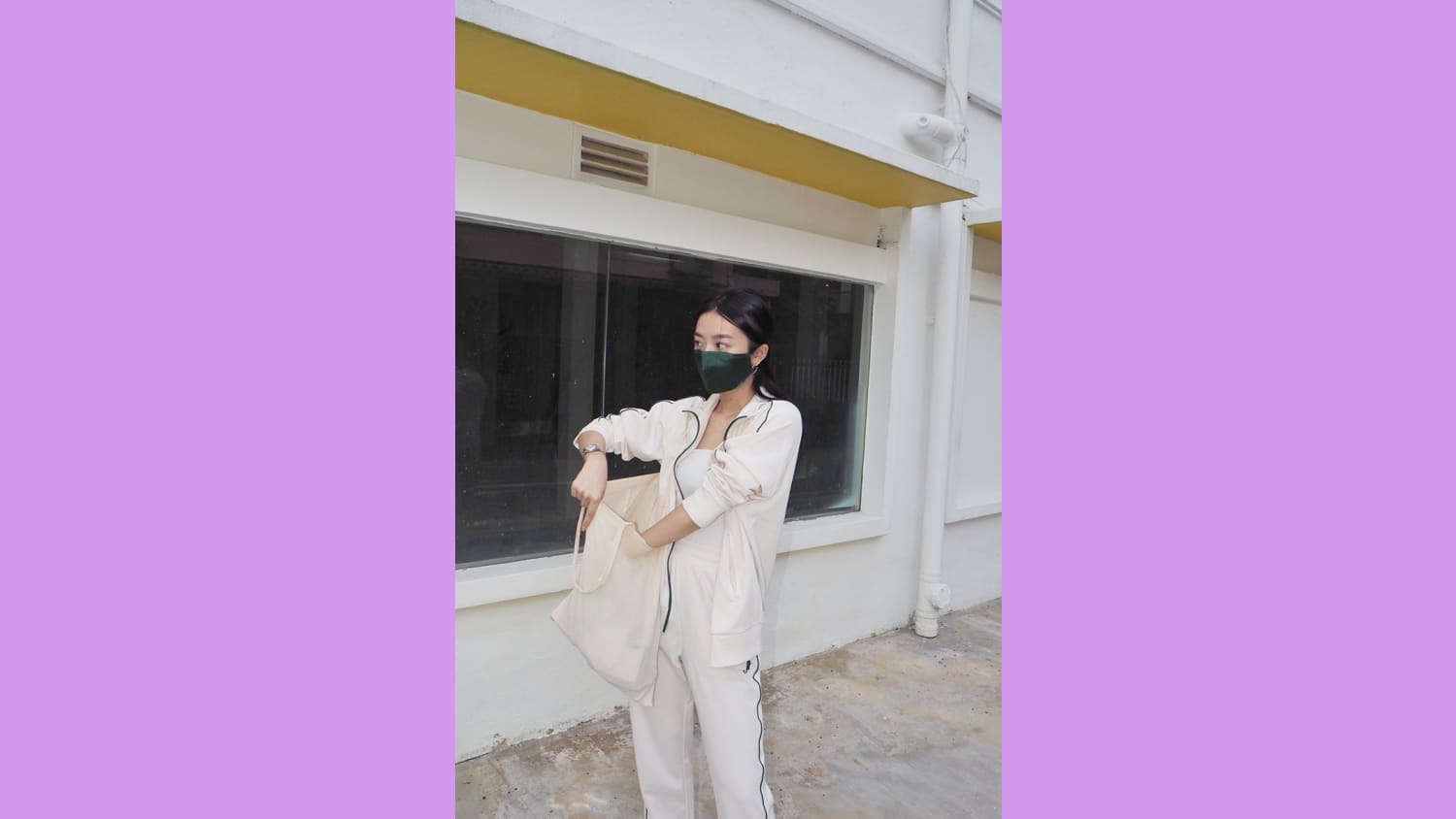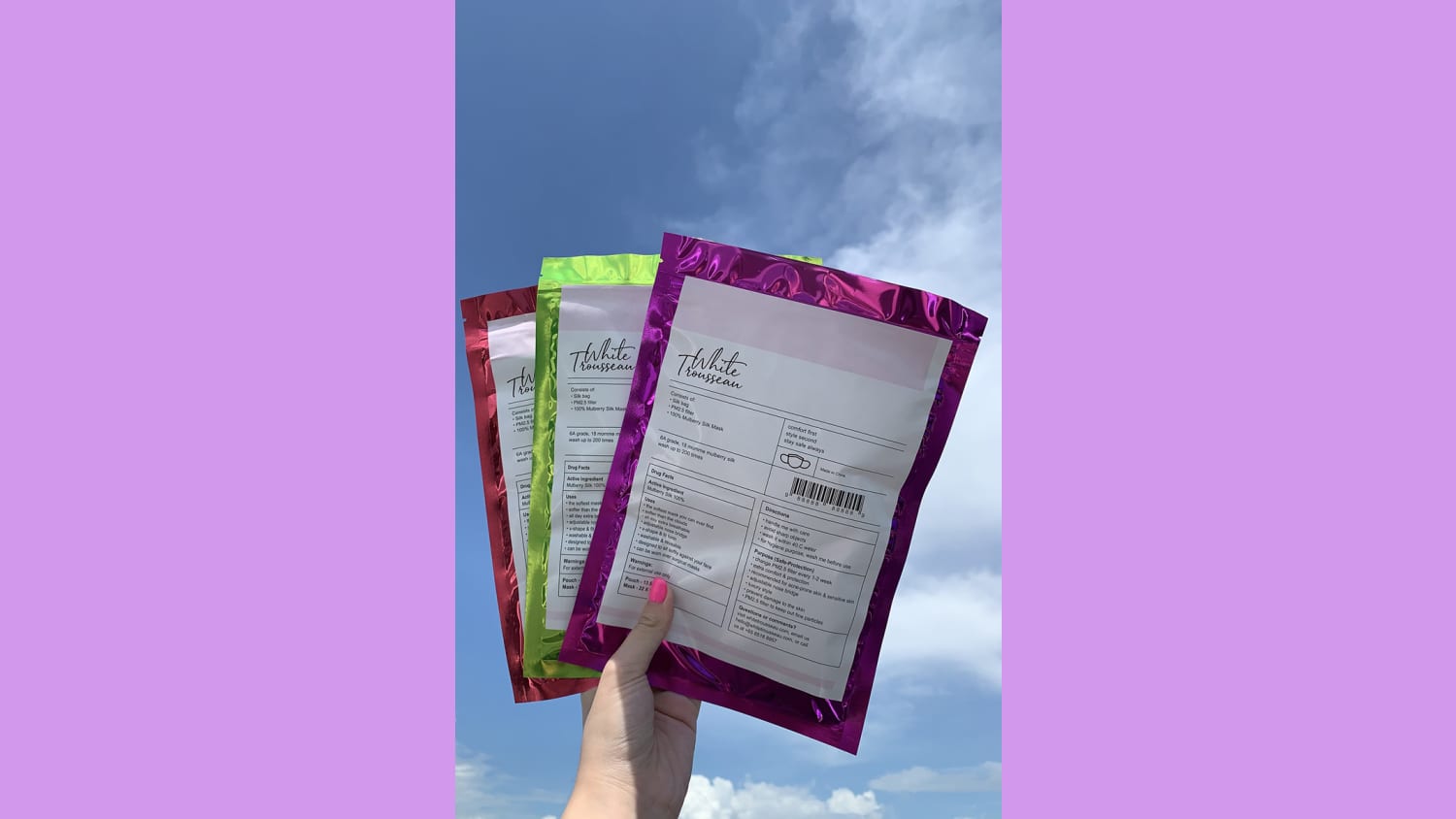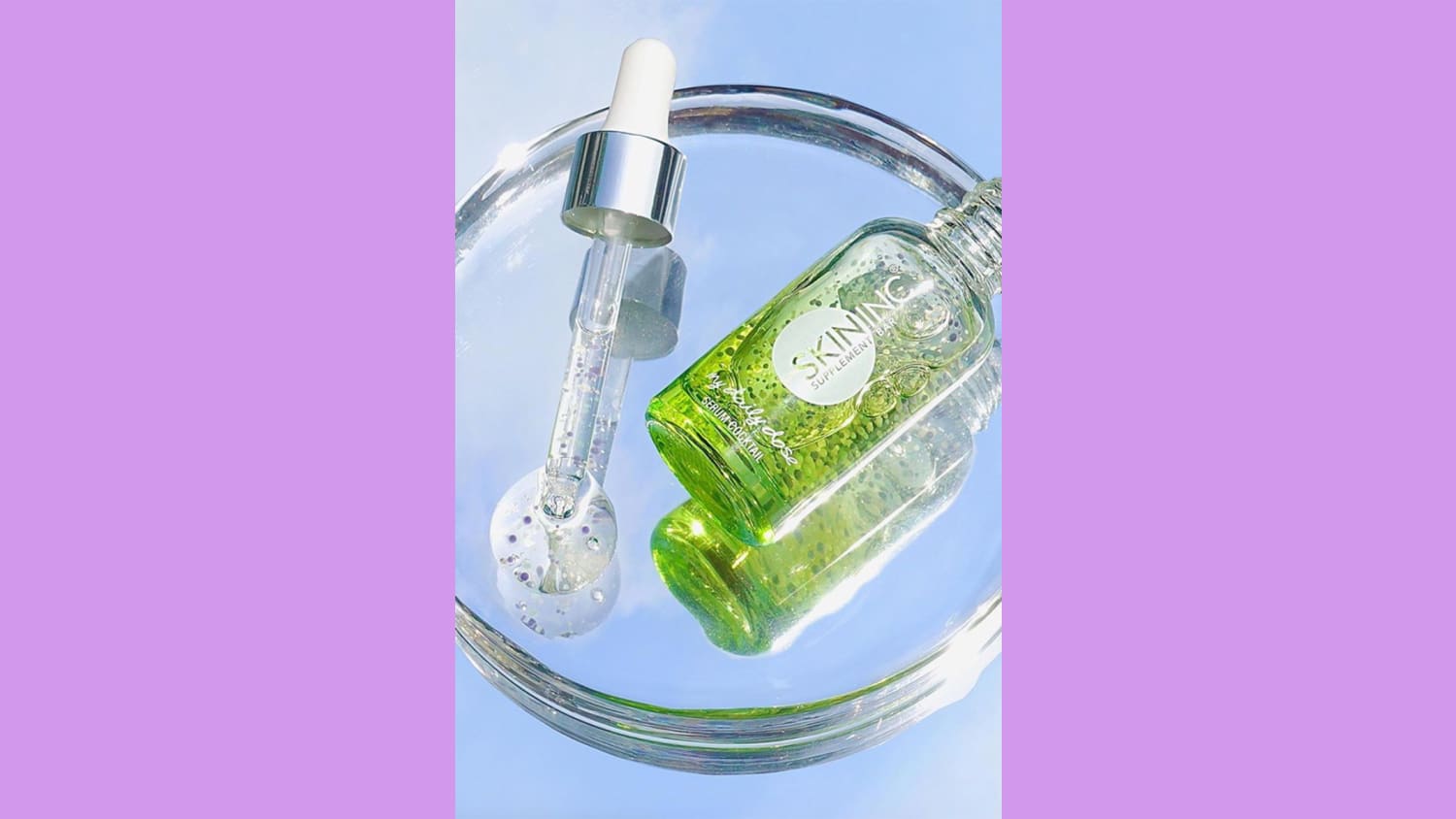The mass donning of face masks as a barrier against COVID-19 is helping to save lives around the world. It’s also creating new skin problems including mask-induced acne—dubbed “maskne”—making skincare one of the few bright spots in retail.
Like repeated hand washing, wearing face masks can cause skin irritation. Skincare brands are responding with products and services to alleviate this, reaching consumers at home through online channels.
Dr. Rachel Ho, an aesthetic doctor in Singapore, said she began seeing patients in early March with acne mechanica—acne caused by pressure and friction around the seal of the mask, starting with health care workers and then others.
In addition, “the mask also creates a seal where humidity, saliva and germs can’t escape and you get more acne inside the mask,” she tells Wunderman Thompson Intelligence.


